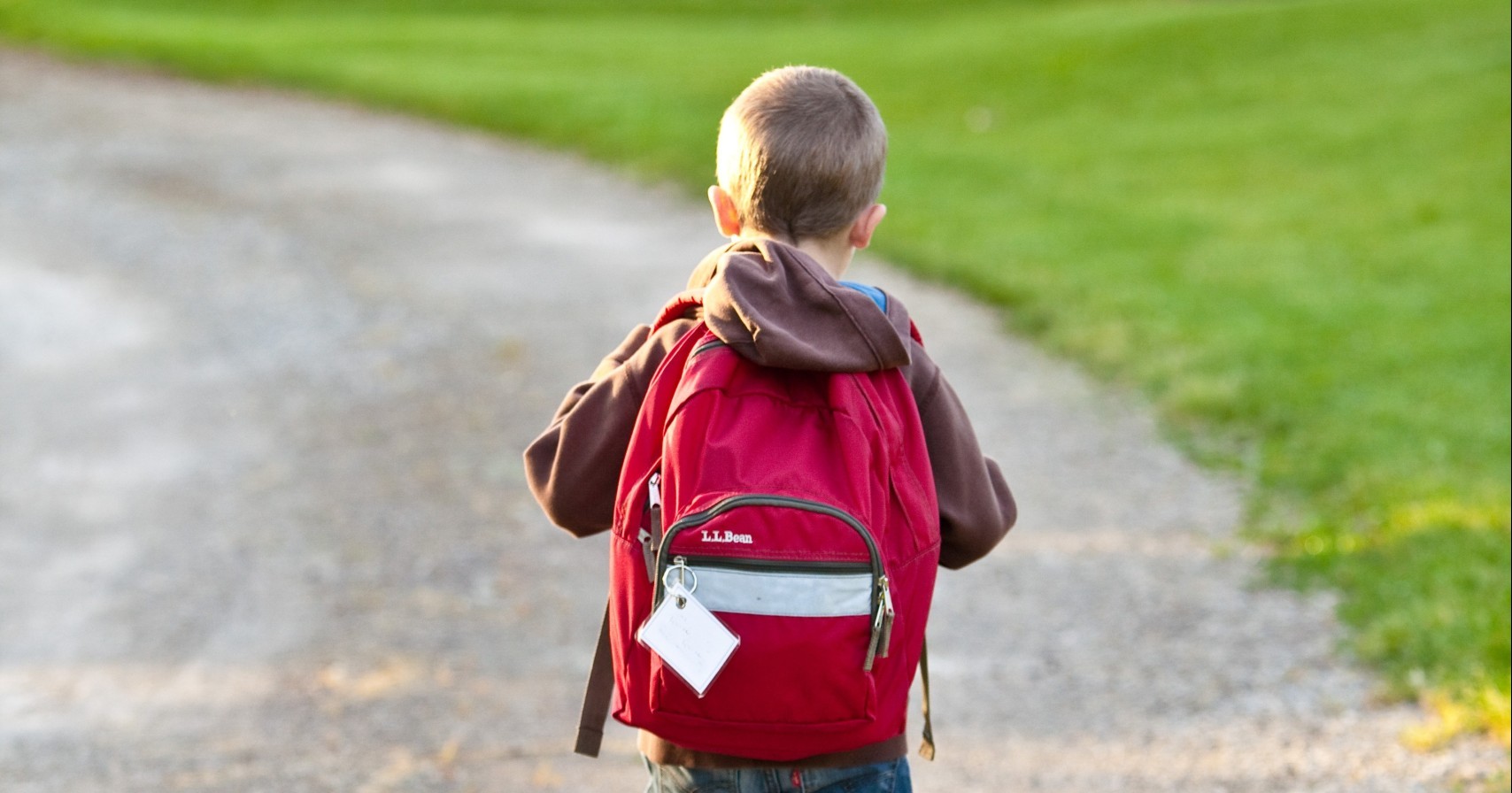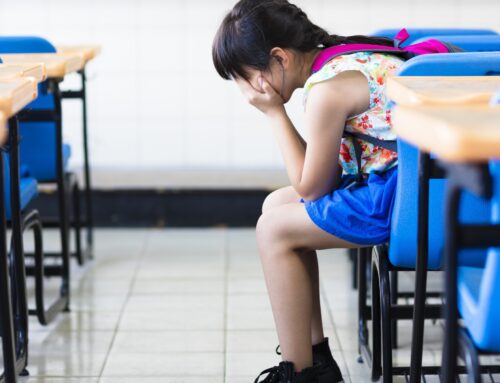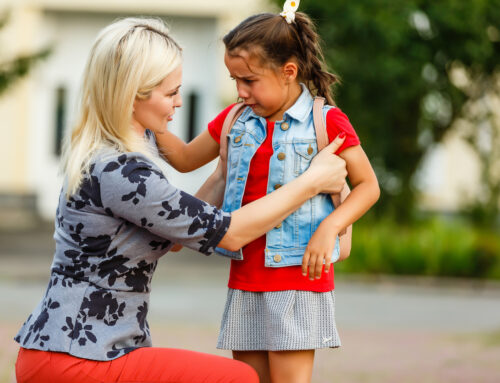
In the town of Jonesboro, Arkansas, a small but significant battle is raging at the local county library. A group of parents and board members have requested the library to move books of an LBGQT+ nature out of the children’s section.
A local library board member’s wife submitted these photos of books and other materials in the Craighead County Library’s children section. Most of the following books were labeled for children ages 2-5:




Stephanie Nichols/Contributed


The objecting parents did not ask for these books to be banned, discarded, or burned—but merely moved into the adult section.
This move would allow parents to choose when to introduce these sexual subjects to their toddlers and elementary-age children. They argue that they, as parents, know the right time to address these mature and controversial themes. These parents want to use this freedom for the best interest of their individual children.
The local librarians insist that the parents do not have such a right. They maintain that children should have the ability to browse these books at will. They have even displayed them as one of the first exhibits a child encounters when entering the Children’s Section.
An even more concerning issue has arisen within the Chesterfield County school district in Virginia. The local school board approved new state guidelines to allow children to choose their gender status at school without informing parents of their child’s choice.
Transequality.org reports, “According to the model policy, if a student does not want to share with their parents their gender identity, the school system should respect the student’s request and work with the student to help them share the information with their parents when they feel it is the time to do so.”
These are only two examples of growing questions about parents’ rights over their children’s safety and well-being. Should parents have the right to decide what is best for their child concerning masks, vaccines, educational choice, sexual identity, and more?
Not long ago, the answer to this question would have been a no-brainer. Of course! Today the question has been made more complicated. Who has the authority to decide what is best for your child?
Parents’ Legal Rights
Before the year 2000, parents’ legal authority over their children remained pretty straightforward. As long as parents had not proved themselves a danger to the child, they were considered competent legal guardians. It was accepted that they were best qualified to act in a child’s interest.
The relationship between parent and child superseded any other influence.
“The child is not the mere creature of the State; those who nurture him and direct his destiny have the right, coupled with the high duty, to recognize and prepare him for additional obligations. – Pierce v. Society of Sisters, 268 U.S. 510 (1925)”
However, such freedoms did not come without their own battles. Parents have fought government overreach in issues such as medical and educational choice for generations.
A small but significant shift in legal precedence came in the year 2000. A Supreme Court decision over a case (Troxel v. Granville, 530 U.S. 57 2000) dealing with visitation rights set a new precedent. “The Supreme Court vacated the earlier strict scrutiny test that required proof of harm before the government could interfere with parental rights, instead granting to judges the power to balance parental rights on a case-by-case basis,” explains ParentalRights.org.
Strict scrutiny is the highest standard of review that a court will use to determine whether or not a law or action violates a fundamental right. No longer are parents innocent until proven guilty. A parent’s discernment regarding their child’s care can now be called into question at the whim of the courts.
If the parent is not the ultimate authority regarding the interests of their child, then who is? The government? The medical or educational community? These are all self-serving entities that are not personally invested or sacrificially motivated for the child’s well-being.
What about the child themself? Should they be allowed to make decisions about their care and keeping?
A Child’s Well Being
It does not take a professional degree to know that the best indicator of a child’s future success is a stable home life with involved, nurturing parents. “A meta-analysis of 66 studies shows that the most accurate predictors of student success are not family income or social status but the extent to which parents and teachers work together to facilitate the child’s education,” Parenting for Brain explains.
Parents have the pleasure of helping their children grow and thrive, but also the duty of protecting them. It would be crazy to allow a toddler to wander out into the road or put their hand on a hot stove just because they want to.
Medical research tells us that children do not have fully developed impulse regulation. According to Psychology Today, we now know that, “Brains are not fully formed till the mid-20s, and logical thinking comes online (just the beginning) around age 4 years old.”
Children don’t yet have the critical thinking skills to make fully informed decisions. They depend on the leadership of their parents. We see this in the Nation Institute for Health’s research into the care of children with acute anxiety. “Studies have shown that a parent’s involvement in their child’s treatment can also help reduce anxiety. Parents are in a unique position to help, since their kids naturally rely on them for reassurance and protection.”
Parental care makes a more significant physiological impression on a child than any other influence.
One study by the American Psychological Association even reports that lack of parental support during childhood is linked to increased adult depression and chronic health problems.
By removing a parent’s ability to protect or guide their child through major—or even minor—life decisions, we undermine their overall well-being and remove their natural safety defense.
The Real Question
Who is best qualified to decide what is in a child’s best interest?
Our society would have you think that it is the child themselves. We can see from empirical data that children are not equipped or able to make such decisions. We see such responsibility causing confusion and anxiety. Children depend on the protection and guidance of authority. If it isn’t to be the parents or the children, then who is it?
Current events feature the alarming trend of the government being all too willing to take that responsibility. Europe is seeing the loss of parental rights, with Germany outlawing homeschooling and France severely restricting educational freedoms this year.
In America, we are seeing schools mandate mask usage and vaccine compliance. These challenge parental authority to decide what is best for students. Government oversight often accomplishes the purpose of self-interest, not the child’s personal best interest.
Historically, parents possess the duty of caring for their children. Parents generally have intrinsic love and concern for their child’s individual well-being. They also live with their child’s emotional and physical needs, unique fears, strengths, and life obstacles. They have a much broader and clearer picture of who this young person truly is.
Practically speaking, how can a teacher, counselor, or doctor know a child’s life so intimately that they have the authority to supersede the responsibility of parents?
Conclusion
Moving forward, we are setting a historical precedent about who will care for our children. Today is not the time to sit back and wait to see how it all pans out.
In the past, it was easy to think that our local schools and hometown doctors had the good of our children at heart. And they probably still do.
But what is their definition of good? Would it align with yours?
Take the time to find your voice. Research your local issues. Browse your library shelves. Ask questions. Take the mic at school board meetings. Talk to your children about the choices and decisions you are making for their health and well-being. Build relationships with your local government leaders. Become acquainted with the Parental Rights Movement to create a constitutional amendment solidifying the right of parents over the care of their children.
Today’s decisions affect our children and the rights and responsibilities they will hold for the generations to come. We currently have the freedom to fight for these responsibilities—freedoms that, if not exercised, will be lost.





[…] Of course, parents have no right to put their children in harm’s way. But, what counts as abuse? (And how do we protect families from the term “abuse” being redefined in an attempt to undermine parental rights?) […]
[…] Learn more about the concerning question of parental rights. […]